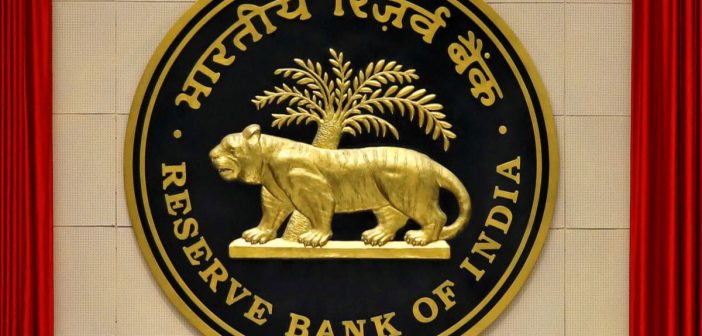The Reserve Bank of India’s (RBI) recent fines on ICICI Bank and YES Bank for flouting regulatory norms serve as a stark reminder of a growing concern – the alarming frequency of such violations by Indian lenders. This trend poses a systemic threat to the health of the Indian banking sector, with far-reaching consequences for consumers, shareholders, and the nation’s overall economic stability.
The Latest Offenses
On May 27, 2024, the RBI imposed a ₹1 crore penalty on ICICI Bank for irregularities in project loan approvals. The bank sanctioned term loans to entities seemingly intended to replace budgetary resources for specific projects. However, ICICI failed to conduct proper due diligence on the projects’ viability and bankability, increasing the risk of bad loans and jeopardizing the bank’s financial health.
YES Bank, concurrently fined ₹91 lakh, committed two separate offenses. First, the bank levied charges for non-maintenance of minimum balance in savings accounts with insufficient or zero balance, a direct violation of RBI guidelines. Second, YES Bank was caught opening and operating internal accounts in customer names for unauthorized purposes like parking funds and routing transactions, raising serious concerns about transparency and potential conflicts of interest.
A Troubling History
These recent incidents are not outliers. Past RBI actions against prominent Indian banks reveal a disturbing pattern:
- 2013: The RBI fined HDFC Bank ₹10 crore for failing to promptly report fraud.
- 2018: The ₹11,400 crore Nirav Modi fraud case exposed systemic weaknesses in Punjab National Bank’s (PNB) compliance procedures, leading to heavy penalties.
- 2020: Axis Bank faced a ₹5 crore fine for non-compliance with KYC (Know Your Customer) norms.
Why Banks Break the Rules
Several factors contribute to this trend:
- Profitability Pressures: Intense pressure to generate profits can incentivize banks to take excessive risks or overlook regulations to close deals.
- Weak Governance: Inadequate internal controls and a lack of robust risk management frameworks can lead to lapses in adherence to regulations.
- Competition: In a competitive market, some banks may resort to bending the rules to gain an edge over rivals.
- Complexity of Regulations: The sheer volume and complexity of RBI regulations can lead to unintentional errors or misinterpretations.
Consequences for Consumers and Shareholders
The repercussions of these violations extend far beyond the banks themselves. Consumers directly suffer when banks prioritize profit over responsible lending practices. Unfair charges, lack of transparency, and potential exposure to financial risks due to lax due diligence all erode consumer trust in the banking system.
Shareholders are not immune either. Regulatory violations can lead to hefty fines, reputational damage, and restrictions on business activities. This can significantly impact a bank’s stock price and overall financial health, ultimately hurting shareholder value.
The Broader Economic Impact
A banking system riddled with non-compliance poses a significant threat to the Indian economy. Banks play a crucial role in channeling funds, facilitating investments, and promoting economic growth. When trust in the system erodes, it discourages investments, hinders financial inclusion, and creates market instability. This can have a domino effect, impacting businesses, employment, and overall economic well-being.
The Urgent Need for Reform
The current level of fines seems inadequate to deter future violations. The RBI must consider stricter punitive measures, coupled with a more robust supervisory framework. Banks, on the other hand, need to prioritize a culture of compliance and strengthen internal governance practices. Technological solutions like RegTech can also play a role in streamlining compliance processes.
A Call to Action
Ensuring a healthy banking system is critical for a thriving Indian economy. The recent rise in regulatory violations by banks demands immediate attention. The RBI, banks themselves, and the government must work together to address this systemic issue and restore trust in the financial sector. Only then can India’s economic engine continue to grow on a foundation of stability and responsible practices.





